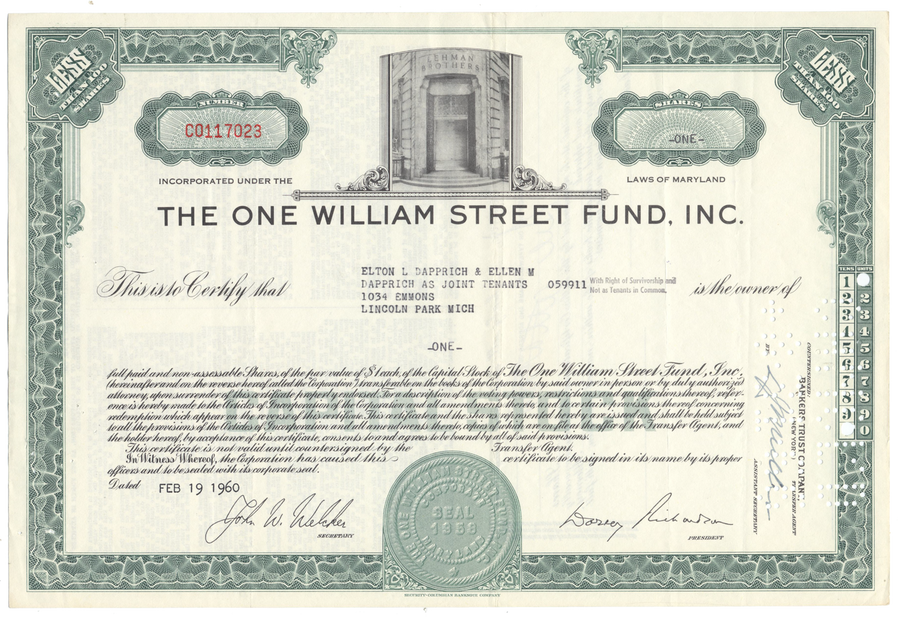It looks like you're new here. If you want to get involved, click one of these buttons!
Excellent. I'm going to frame this. :-)OK.
Take 2.
1 if you're a purest.
2 if you're a traditionalist.
3 if you're an experimentalist.
5 if you're a conformist.
More than 5 funds, you should have your keys taken away.
c



Where's 4 ?OK.
Take 2.
1 if you're a purest.
2 if you're a traditionalist.
3 if you're an experimentalist.
5 if you're a conformist.
More than 5 funds, you should have your keys taken away.
c
Why stop at 11, 13, 17, and 19 are also prime numbers.The answer - 11 (prime number).
© 2015 Mutual Fund Observer. All rights reserved.
© 2015 Mutual Fund Observer. All rights reserved. Powered by Vanilla